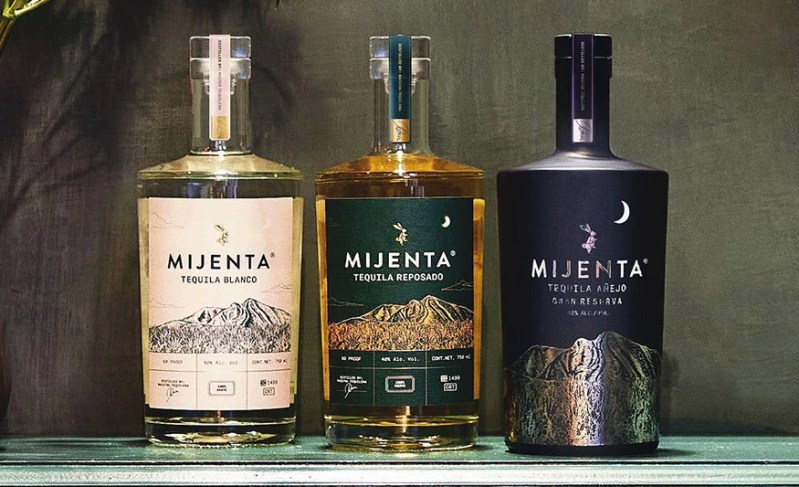
It’s not easy to become a Certified B Corp. If you didn’t know it, a Certified B Corp is a for-profit company that gets certification from a company called B Lab. For those unaware, B Lab is a non-profit company whose sole purpose is to dissect a company’s social and environmental impact. Currently, there are over 7,000 Certified B Corps in 92 countries. But, until now, there has never been a tequila brand given this prestigious, important designation. Mijenta just changed that.
Recently, Mijenta announced that it was just certified as the first B Corp in the tequila world. This is the culmination of a brand striving for social and sustainable practices. A tequila based on being environmentally responsible, just as much as it is on crafting award-winning, high-quality tequilas, Mijenta is all about creating a positive impact on the world that future generations inherit.
To get a B Corp designation, Mijenta had to meet or pass certain levels of social impact between its environmental impact and corporate governance, as well as with its employees, customers, and the tequila community as a whole.
“Through innovation, close collaboration with local suppliers, and partnerships with like-minded organizations, we have worked from the outset to create a positive, lasting impact,” said co-founder and director of sustainability Elise Som in a press release. “For us, sustainability is about leaving a better world for our children, and we are excited to do even more as we continue to grow.”
Mijenta chose the promotion of biodiversity as an important part of its mission. Mijenta does this by never using herbicides or pesticides on any of its agave. If you didn’t know it, the use of pesticides can have a major negative impact on the environment and livestock health. The runoff from crops that were treated with pesticides can pollute lakes, streams, wells, and other water sources. It can also negatively impact plants and animals.
On top of that, Mijenta strives to make sure that at least 10% of its agave plants are with quiote, the stalk that grows out of the center of the plant when it’s reached maturity. This creates a better genetic variation of agave plants.
And, just like Michael Scott yelled about on The Office, Mijenta is fully carbon neutral. This means that there’s a proper balance between emitting carbon and absorbing carbon from the atmosphere.
Mijenta doesn’t stop there. Its packaging is completely eco-friendly as well. The labels were even created using agave waste, and the bottles are made with recycled glass. Add to that, its Blanco and Reposado boxes are made from recycled paper.
You might be wondering if Mijenta stops there. It’s enough, right? Well, the tequila brand has also aligned with environmentally friendly partners like Women’s Earth Alliance, the Ocean Foundation, and Whales of Guerrero, among others. It even works with ClimatePartner for its environmental and sustainable practices.
You’re probably thinking that this is all well and good, but is the tequila worth drinking? Not only should you feel great about supporting an environmentally conscious brand, but the spirits have also won numerous awards in the last few years. We’ll drink to that.



